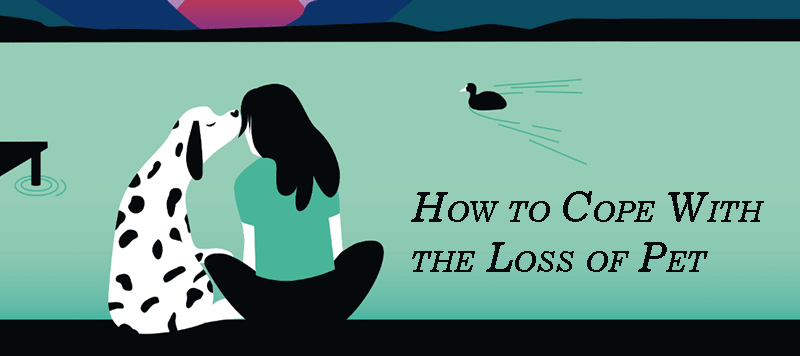
Pets bring great joy and cheer to our lives, but when they pass away, they leave a huge void.How to deal with the loss of a pet is something many people struggle with. When we lose anything that we are attached to, we feel pain. The intensity of the pain depends on how attached we are to the thing, be it living or inanimate.
And when it comes to pets, this pain is all the more intense. The word pets is generally used by outsiders who are not pet owners because no actual pet owner will be fond of this word. The reason is that the relationship they share with their pet is very much like the one they share with their family members. Their pets become their family, and they treat them as their children. This is why they refer to themselves as pet parents, not pet owners.
The key is to understand that feeling hurt at the loss of a pet is a very natural phenomenon. People should embrace it as a positive feeling and express it in ways they are comfortable with it. Living in denial or emotionally binding oneself not to feel the loss can damage your mental health. The good part is that time heals everything. There are a lot of constructive ways in which you overcome this loss. You should not feel guilty about the loss or also about lamenting the loss. Life and death are very natural processes beyond our control. What is in our control is how we deal with the loss, which is what you should focus on.
Why does losing a pet hurt so much?
No matter what the pet is, be it a dog, cat, or bird, you will grow an intense bond with them over time. And when this pet is no longer there in your life, you feel an instant void. As human beings, we crave care and love, and at the same time, we like to give the same care and love to others. Your pet is always a reliable vessel for you to unload these feelings and also, at the same time, receive unconditional love from them. Their death, therefore, creates a space for you, which translates into a strong feeling of loss, pain, and hurt.
Pets are also part of your daily schedule, from early morning walks to feeding and bathing. When you lose your pet, this schedule is disturbed. It also serves as a daily reminder of the pet's absence which can further prolong the grieving process. In addition, many memories are attached to the pet. When you lose the pet, these memories can additionally trigger the emotion of being hurt.

The grieving process after the loss of pet
The science of human psychology has done numerous studies on how humans deal with loss. The loss could be anything, a family member or even a pet. Swiss-American psychiatrist Elisabeth Kübler-Ross defined the theory of five stages of grief, and it is widely accepted as the phases humans go through when they lose someone close, even their pets. These five stages are:
1. Denial
The first reaction of humans is to deny that the shock event of their pet's death has actually occurred. This stage is powerful if the sudden death, but the denial would be less intense if the pet died of prolonged illness.
2. Anger
"Why did this happen to my pet?" is the common angst pet parents have when they lose their pet. The reaction of anger is directed towards external beings, circumstances and sometimes inwards, as well as they question whether they have done enough for their pets.
3. Bargaining
"Save my pet, and I will be a better person!" When we realize the anger is not working, we switch to a bargaining model with God. We start marking promises to them and, in return, ask for a miracle that can save our pets. The closer you are to the pet, the stronger the promises will be.
4. Depression
The fourth and longest stage is when we accept what has happened and that nothing can change it and go into the stage of perpetual sadness. It is crucial that in this stage, the people grieving reach out to ways of recovery so that it does not affect their mental well-being.
5. Acceptance
The final stage of grieving is when you come to terms with losing your pet but also understand that it is a part of life. You eventually move on and return to the normalcy of life with fond memories of the pet.

- Read more: Do Dogs Grieve Other Dogs?
How to deal with the loss of a pet
Now that you have understood the actual science of grief, it is also essential that you know what you can do to ease the pain. Here are 8 points that can help you how to deal with the loss of a pet:
1. Grieving is okay!
The first and most crucial step to grieving is acknowledging that grieving is normal. Humans have been doing this since inception and will continue to do so till the end of time. Please do not feel pressured by what other people may say or how they may judge you. Their validation is not necessary; how you process a pet's tragic loss in your life is important. Please do not make the mistake of thinking that grieving is a sign of weakness or that it will degrade your masculinity.
2. There is no standard operating procedure
Grieving is a personal experience, and every individual has their way of going about the process. There may be a logical science behind the stages, but how you experience them depends on your bond with the pet, lifestyle, emotional health and other factors. There is no set procedure to follow for grieving. Instead, you should let the process be natural and organic and guide your heart to cope with the loss.
3. Healing takes time
They always say, "Time heals everything," but never mention 'by when.' Healing takes its own sweet time, and rushing it or expediting it not be very helpful. As mentioned in the previous point, grieving is an individualistic process, and so is the time is taken to cope with the loss. Some may return to normal in a week, while others may take months or years to deal with it. It would help if you kept this aspect in mind to understand how other family members handle the loss. Give them their time, space, and support wherever needed, but don't try to expedite their healing process.
4. Do not go in a shell
In today's digital world, where we are constantly judged for what we do or say, many feel the pressure of not expressing their grief. They think it would show that they are weak. This is not true. Instead, it is very harmful. It is natural to feel pain and normal to express it. How you express yourself may depend on your personality but do not make the mistake of going into a shell. Many people like to extend the first stage of grief - denial and continue to live their life as if nothing happened, which can be dangerous.
5. Reach out to others who have lost pets
One of the best ways to address your feeling of loss is by sharing it with others who completely understand it. For example, reach out to other pet parents who have lost their pets. They would be in a perfect position to understand and empathize with you. You can learn from their experience of grieving and try to apply it yourself. This may not just be physical; there are a lot of online portals and websites where you can connect with similar people and share your feelings with them.
6. Follow family rituals
If you have been treating your pet as a family, then it is only fair that you follow the family rituals regarding their passing away. Be it a proper burial or a service; you can always plan one for the lost pet. It may not be very elaborate, but executing the ritual with your near and dear ones will give you a sense of closure. There would be a reason why we have been following these rituals for ages. Ignore the people who want to mock you for holding a funeral for your pet. Instead, treat it as an opportunity for all to get together and express their grief and support.
7. Create a physical legacy
Physical objects hold their special significance as they are visible to you in your daily lives. When your pet dies, it will leave behind many material things, from clothes and blankets to chains or bowls. Do not be in a rush to throw them away. Instead, take your time with it and respect the grieving process of the entire family. Convert the pet's memories intopersonalized keepsakes like mugs, blankets, canvas paintings, clothes or whatever physical object you are comfortable with.

8. Seek professional help
While dealing with the loss of a pet, you can also seek professional help if needed. The fourth stage - depression, can take a heavy toll on pet parents who have lost a pet, and it is a good idea to seek professional help to get out of it. You can open up to them and bombard them with questions like, what to do when your dog dies, how do I live alone without my cat and more. With their guided professional help, you will be able to handle the loss in a better way.
- Read more: Do Dogs Grieve Other Dogs?
How to help seniors grieving the loss of a pet
The value of a pet would be far more important to retired seniors than to young children. Pets are often reliable companions, and their daily schedule revolves around the pet. The loss of such a pet can be hard-hitting for seniors, especially if they are living alone. You must ensure that this loss does not impact their physical and mental health through the following points:
1. Stay connected
Help them stay connected with their friends, family and other community members. If you live with them, spend more time with them or visit them more frequently. The time they used to spend with the pet can be replaced with the time they can spend with friends or in the church or other community places. Make sure they do not feel alone.
2. Other means of exercise
Pets also serve as a medium of physical exercise for senior people as they need to take them for a walk or do a series of chores for their upkeep. However, when this pet is gone, these physical activities also stop, which may adversely affect their health. Hence make sure that they take up an alternate physical activity like going for morning walks or other hobbies.
3. Honor the pet
The values of honor, respect and loyalty are more ingrained in our seniors, and we need to respect that. Hence whenever you lose a dog, it is a good idea tohonor your dog in whichever way possible, as that will help them find closure. This can be in the form of a funeral service or planting a tree, or starting a charity.

Helping children how to grieve a pet
Children have their way of processing a loss; unlike seniors, they do not have the maturity to handle a big loss of their pet. More often, their pet dog or cat means the world to them; it could be very shattering when it is gone. Through the following points, you can help children how to grieve their lost pet:
1. Express grief along with the child
Grief is an unfamiliar feeling for children; hence, you must help them understand it. One effective way is by grieving with them. This way, they know the process and don't feel alone. In addition, they will not feel ashamed about expressing their feelings if they see you do the same.
2. Cross the rainbow bridge
TheRainbow Bridge poem has become one of the most used references for parents to explain the concept of their pet passing away to the kids. Explain to the child how the pet has moved to a happy place and is enjoying it with friends.

3. Keep the child involved
Do not keep your child out of the entire grieving process. Asking them to stay shut in their rooms is dangerous; instead, keep them involved in all parts. Be it taking the call of euthanasia or organizing funeral services, let the child have its say and be a part of the process.
4. Reassure and do not rush
It is found that children often blame themselves for their pet's loss. Hence you must talk to them and reassure them that what has happened is a course of life and that they should not blame themselves. Also, give the child its own time to cope with the loss and not rush its grieving process.
Pet dogs really do grieve the deaths of other dogs
Feeling the loss of a near one is a feeling that is not just limited to human beings. We have observed the same loss in different intensities amongst animals as well. Out in the wild, when an animal passes away, its family and near ones stay for a long time. They express their grief in their way. The same is the case with domesticated animals like dogs, as they grieve other dogs' deaths.
For pet parents with two or more dogs, taking the feelings of other dogs when one pet passes away is crucial. They, too, shall have their grieving process; you must give them their space and time to do it. Unlike humans, they will not be able to express it through words, but their actions will provide you with a clear indication of how hurt they feel. Another important note is that as a pet parent, you should not ignore the other pets when one dies. Of course, you have the right to be sad, but please make sure that you care for the others, grieve with them and overcome the loss together.

Make the decision to put a pet to sleep
One of the most challenging decisions you must make as a pet parent is putting your pet to sleep. It will feel like playing God, but you need to understand that pets' lifespan is very short compared to us humans. No matter how much we love them, we will eventually lose them someday. And unlike humans, pets go through a very tough time when they get critically sick or old. Take into account the following points while deciding to put a pet to sleep.
With age, pets develop critical diseases, be it in internal organs or their bones. This results in a gradual drop in their activities and overall enthusiasm for life. You should consult a veterinary doctor or take multiple options to understand the problem. Relying on their diagnosis about the pet's future health, and if it is to undergo suffering before eventually dying, it may be the time to consider euthanasia.
1. Understand what is Euthanasia
As the next step, you should consult a professional or a friend to learn about the entire process of euthanasia. You will be relieved to know that the process is extremely painless. First, the medical professional will administer a tranquillizer to calm the pet and inject a fatal drug. Then, the pet will pass away in its sleep without any suffering or delays.
2. You know your pet best
Understand the behaviour of the pet. Is there a drastic drop in its activity levels? Does it respond to care and love the same way, or is it showing aloofness and irritation? If you figure out that the pet is suffering, euthanasia is in its best interest. However, do not be afraid of social judgment; remember that what you do is again out of love and care for the pet.
3. Involve the family
If the pet belongs to a family, they also have the right to be a part of this decision. Talk to each family member, explain the process, and take their opinion. While adults may agree with you quicker, children will have a stronger opposition. They may even hate you initially for what you are doing; hence, you need to take them into confidence before making the final call.
Get another pet
Most things in life can be replaced with something new, but this may not be true with pets. The first reaction you get when you express sadness at your pet's loss will be, "it's okay, get another pet!" Easier said than done. When you lose a pet, you lose an essential part of your life, and replacing them is difficult. You first need to heal yourself from the loss, and only then will you be able to make space for another pet.
Getting another pet surely will help you recover, but it should be done at the right time. Otherwise, you will not be doing justice to yourself or the new pet. Pets, however, have the power of infusing joy into your lives, and hence whenever you are ready, you should get another pet as it will help in its way to fill the void.
- Read more:
- How To Cope With The Loss Of a Pet
- Do Dogs Grieve Other Dogs?
- 13 Most Heartwarming Cat Memorial Gifts For Someone Who Has Lost Their Best Furry Friend
Final Thoughts:
Losing a pet is indeed sad and tragic. However, it is part and parcel of life; hence, you need to understand and acknowledge the finality of mortality. The process of dealing with the loss of a pet is very individualistic, and there is no standard process. The key is to express your grief and live in denial. At the same time, you also need to care for other family members, seniors, kids, and even pets. Grieve with them and together overcome the loss. Eventually, the pet will turn into a lovely memory, and you will be able to celebrate the joy and laughter it installed in your life.





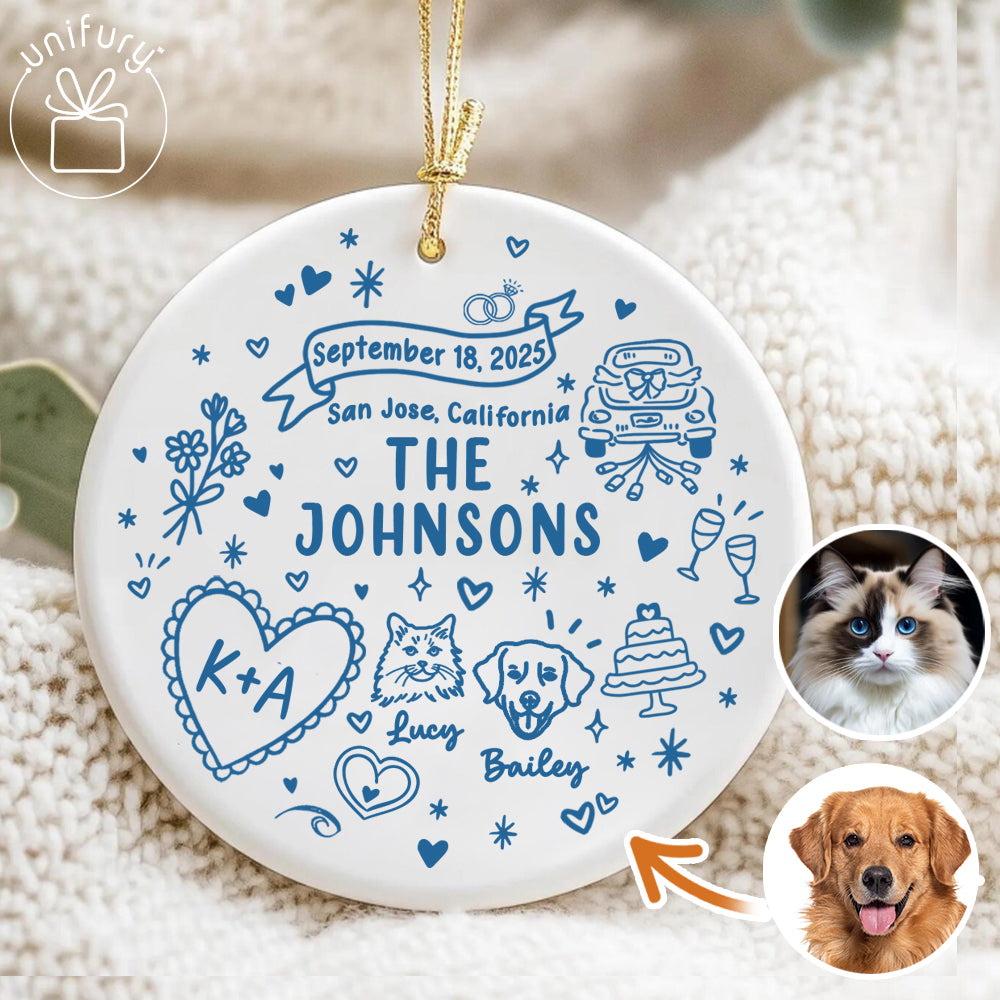
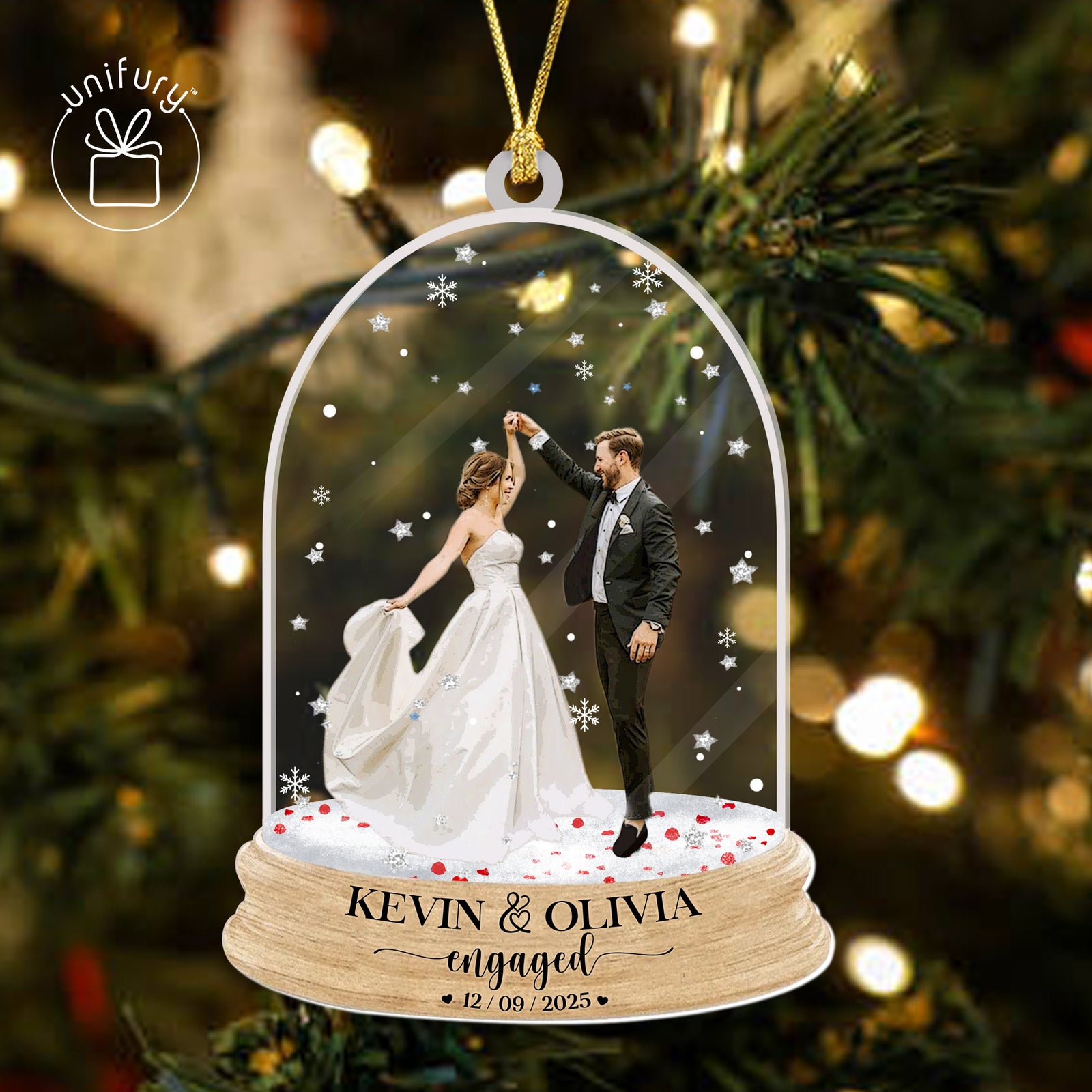

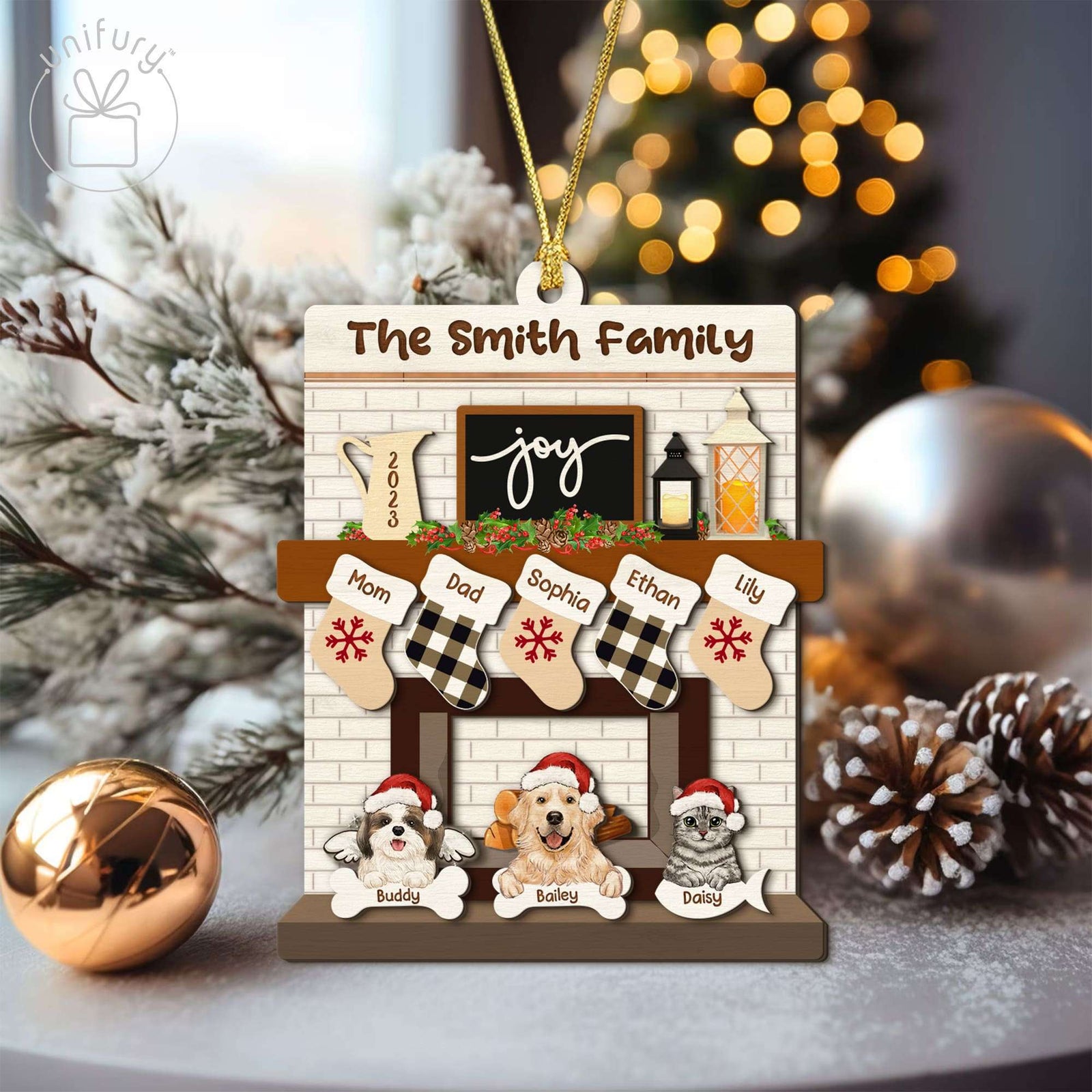


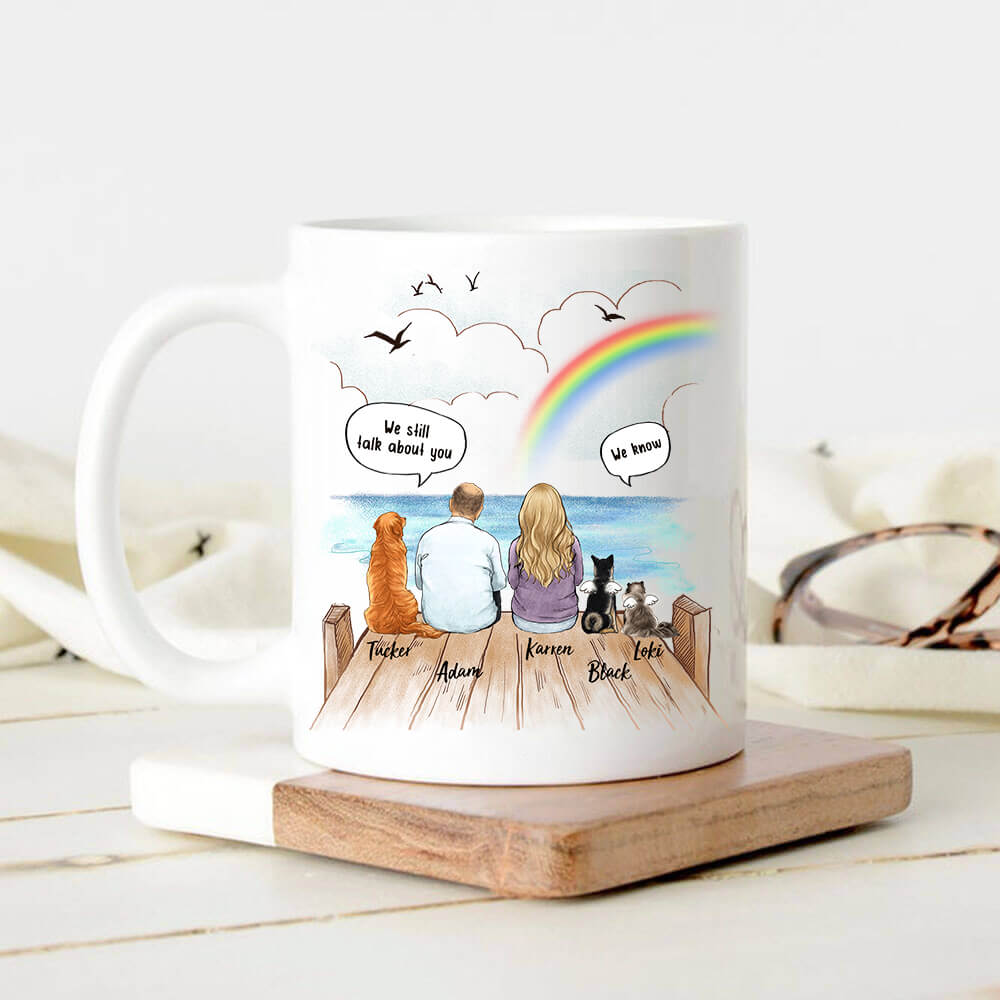
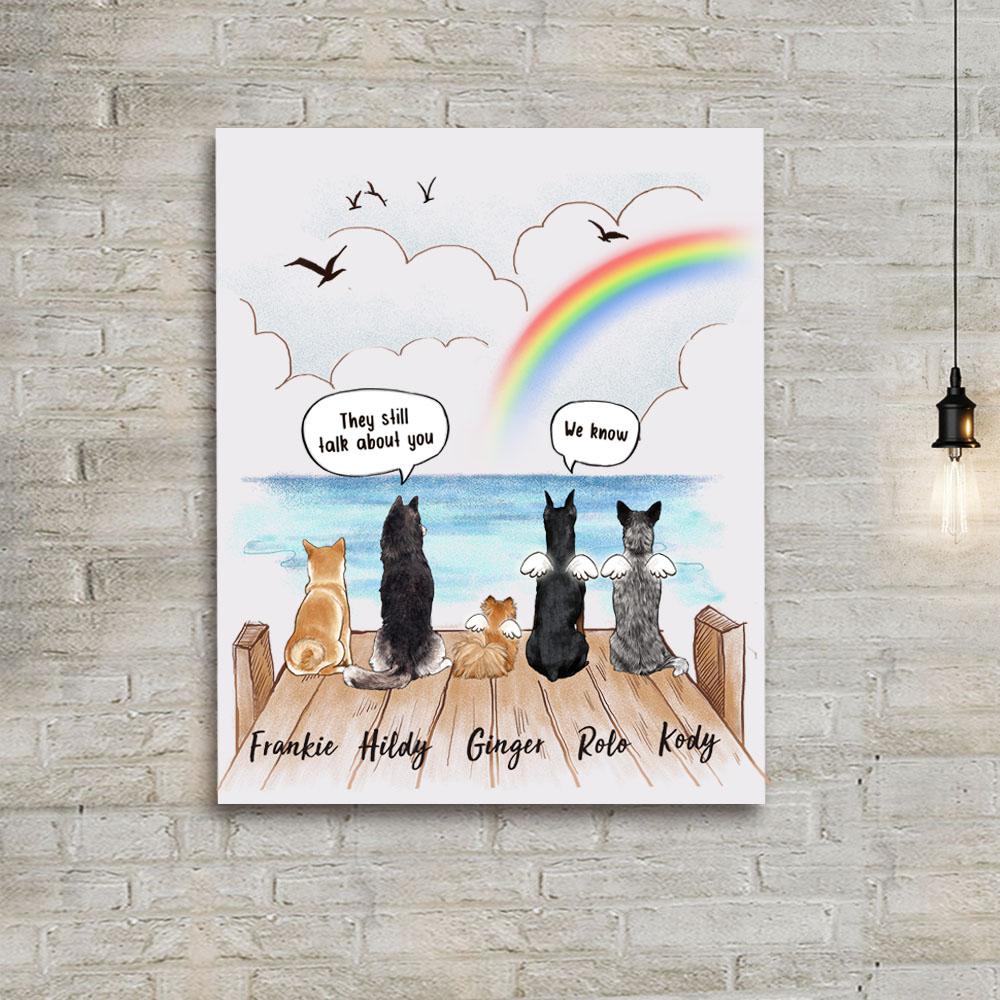
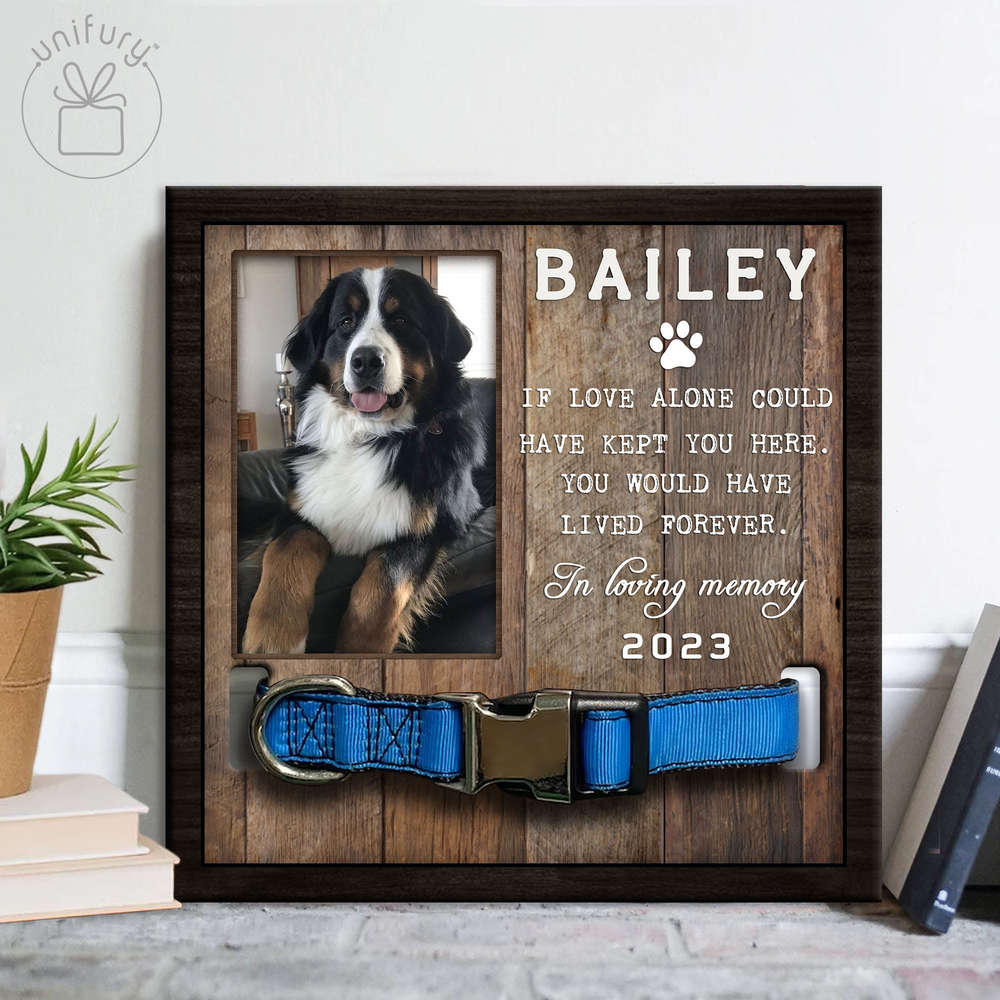
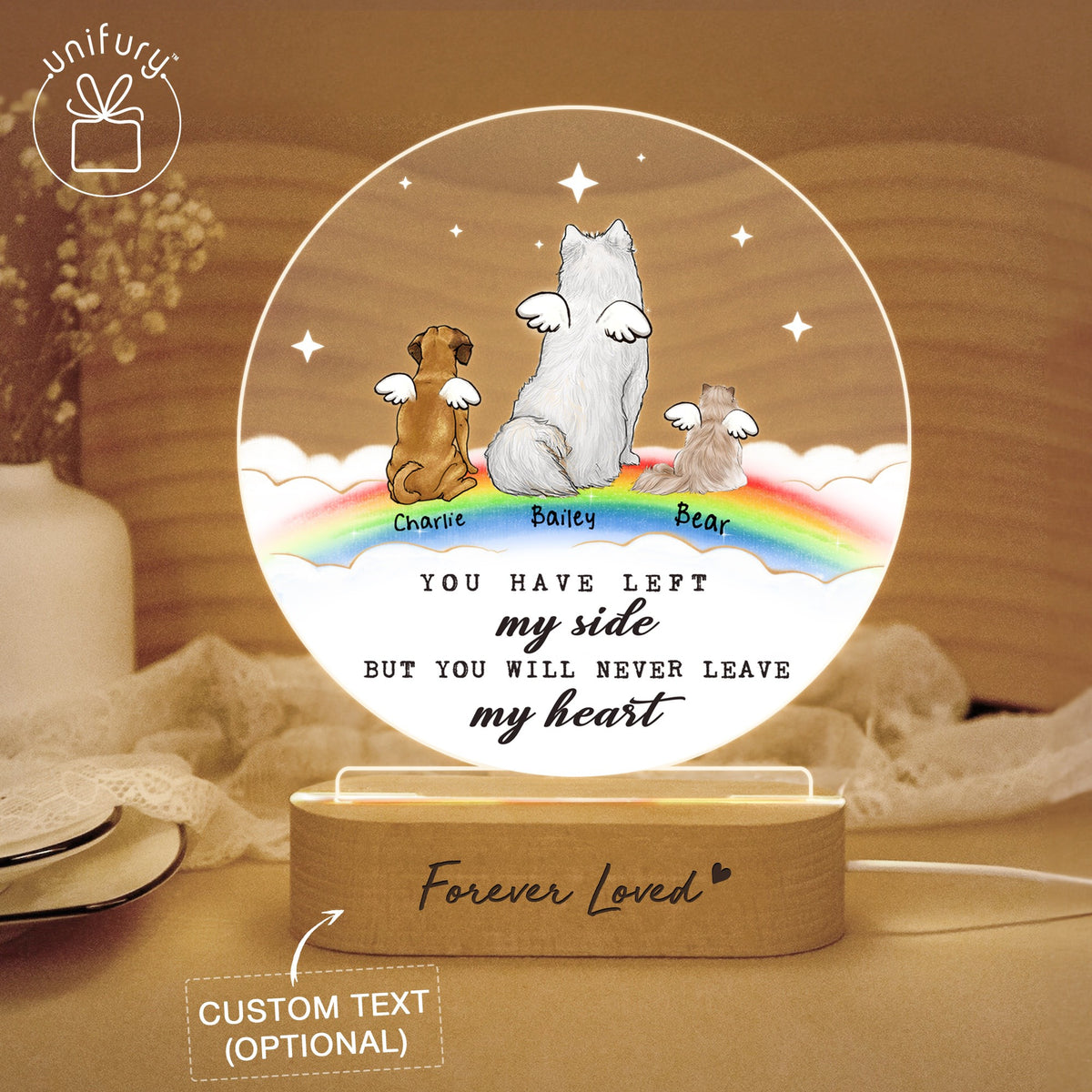







Leave a comment